To be disesteemed by people you don't have much respect for is not the worst fate
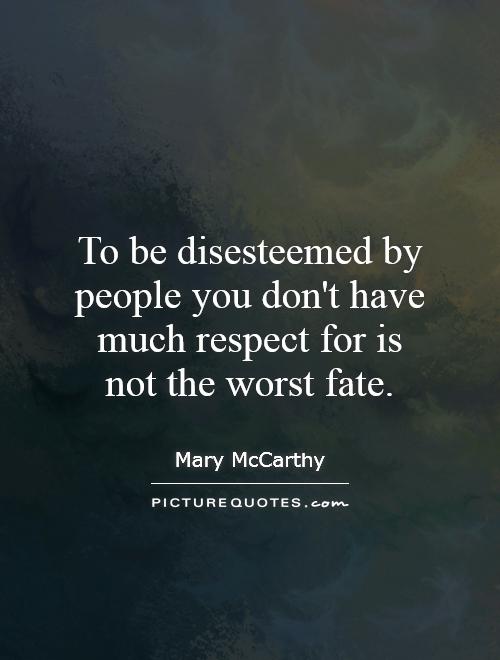
To be disesteemed by people you don't have much respect for is not the worst fate
Mary McCarthy was a renowned American writer and critic known for her sharp wit and incisive commentary on society and culture. Throughout her career, she was no stranger to controversy and criticism, often finding herself at odds with the prevailing attitudes and beliefs of the time. In light of this, her statement that "to be disesteemed by people you don't have much respect for is not the worst fate" takes on a particular significance.McCarthy's words suggest a certain resilience and self-assurance in the face of criticism and disapproval. She seems to be saying that it is better to be disliked or disrespected by those whose opinions are of little value or significance to you than to compromise your own beliefs and principles in order to win their approval. This attitude reflects McCarthy's own uncompromising nature and her willingness to stand by her convictions, even in the face of opposition.
Throughout her life, McCarthy was no stranger to controversy and criticism. Her outspoken views on politics, literature, and society often put her at odds with others, and she was not afraid to speak her mind, even when it meant facing backlash or disapproval. In this sense, McCarthy's statement can be seen as a reflection of her own experiences and the challenges she faced as a writer and public figure.
At the same time, McCarthy's words also speak to a broader truth about the nature of criticism and disapproval. In a world where opinions are often divided and conflicts are common, it is inevitable that not everyone will agree with or approve of our actions and beliefs. In such a context, it is important to remember that the opinions of others do not define our worth or value as individuals. As McCarthy suggests, it is far more important to stay true to ourselves and our principles than to seek the approval of those who do not truly matter to us.

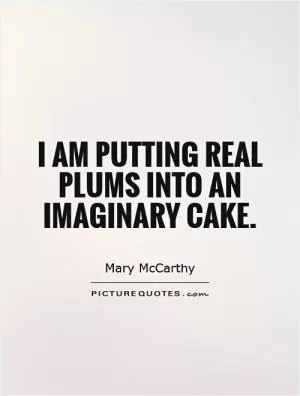



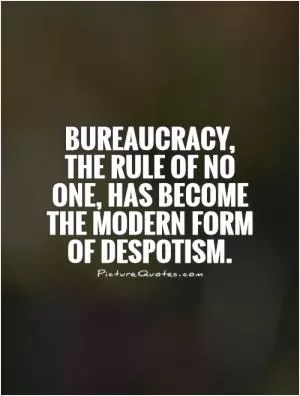

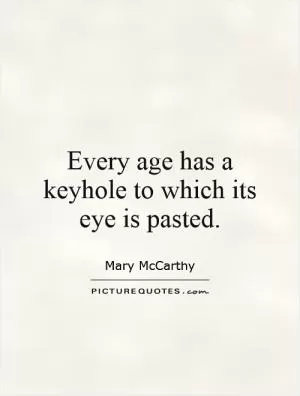
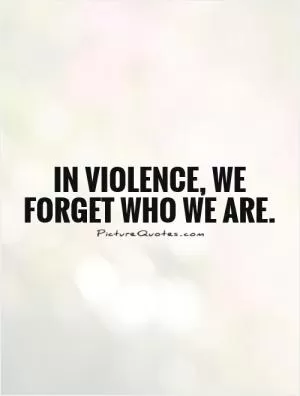

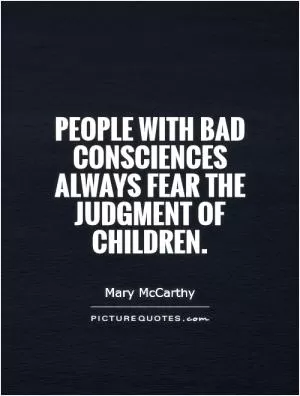

 Friendship Quotes
Friendship Quotes Love Quotes
Love Quotes Life Quotes
Life Quotes Funny Quotes
Funny Quotes Motivational Quotes
Motivational Quotes Inspirational Quotes
Inspirational Quotes